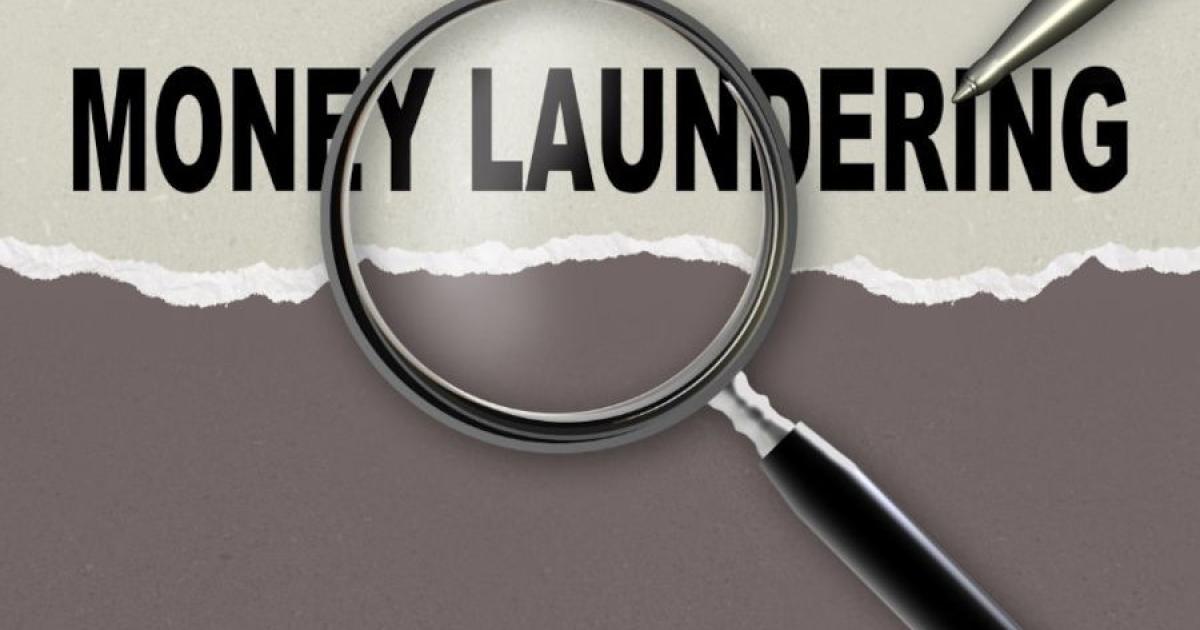Alexander Cuffy
Africa-Press – Liberia. This article builds upon my previous work dated January 3, 2024, titled “The Use of Private Companies to Siphon Money from the Liberian Government,” aiming to provide further insight and education on combating Trade-Based Money Laundering (TBML) in Liberia.
Trade-Based Money Laundering (TBML) is a form of financial crime that exploits the complexities of international trade transactions, involving intricate processes, documents, and multiple parties. Businesses often manipulate this complexity to conceal the origins of illicit proceeds, posing challenges for authorities in tracking and identifying illegal activities. Common methods of TBML employed in Liberia are summarized below:
Over- and Under-Invoicing: Over-invoicing inflates the value of goods or services to facilitate fund movement without raising suspicion. Under-invoicing deliberately reduces the value to manipulate the price of goods.
Multiple Invoicing: Invoicing a single shipment multiple times facilitates the movement of funds through multiple transactions.
Phantom Shipments: Fictitious transactions that never occur, designed to move funds without actual exchange of goods.
Mismatched Trade Transactions: Manipulating financial documents creates discrepancies between physical movement of goods and corresponding financial transactions.
Abuse of Trade Finance Instruments: Misuse of letters of credit, guarantees, and other trade finance instruments for fraudulent transactions.
Shell Companies: Illicit actors establish paper-based shell companies to engage in fake trade activities, legitimizing illegal funds. Over recent years, high-ranking government officials have engaged in the criminal use of shell companies to siphon funds from the Liberian government.
Robust measures necessary to crack down on TBML in Liberia includes:
Comprehensive Investigation: Empower financial crime analysis and investigation institutions (Financial Intelligence Agency, Liberia Anti-Corruption Commission, etc.) to collaborate with the Liberia Business Registry and the Ministry of Commerce and Industry for thorough investigations. Strengthen laws, regulations, and enforcement mechanisms to ensure effective prosecution.
Stringent Business Registration Measures (Liberia Business Registry): Enhance mechanisms to promptly verify the identity of business owners. Ensure beneficial ownership information is readily available to law enforcement agencies. Recruit qualified investigators for on-site verification to enhance the credibility of registered businesses.
Strict Controls Over Business Income Transfers: Review the Letters of Credit regime to curtail the misuse of business establishments transferring large sums outside Liberia under the guise of legitimate business activities.
Improved Information Communication Systems: Upgrade information communication systems at financial crime analysis and investigation institutions. Establish a central database system encompassing essential registries and case information related to investigations, prosecutions, and asset management.
Enhanced Banking System Responses (Central Bank of Liberia and Commercial Banks): Ensure banks, especially the CBL, respond promptly to information requests from financial analysis and investigation institutions.
Role of Key Institutions in Combating TBML:
Ministry of Commerce and Industry (MOCI): Formulate transparent trade policies to reduce opportunities for illicit actors. Implement controls on exports and imports, ensuring compliance with international trade regulations. Issue licenses and registrations for businesses involved in international trade, mitigating the risk of TBML.
Liberia Business Registry (LBR): Promote corporate transparency by maintaining accurate information about companies. Identify and record ultimate beneficial owners (UBOs) to understand ownership structures. Verify the legitimacy of companies involved in international trade.
Liberia Revenue Authority (LRA): Oversee customs processes, preventing mispricing schemes like over- and under-invoicing. Analyze trade data to detect unusual patterns and discrepancies indicative of TBML. Collaborate with other agencies, such as the Financial Intelligence Agency (FIA) and law enforcement, to share information.
Central Bank of Liberia (CBL): Supervise and regulate financial institutions to ensure robust anti-money laundering (AML) and know your customer (KYC) procedures. Control the flow of physical and electronic currency to detect and prevent illicit financial activities.
Commercial Banks: Implement effective KYC and due diligence procedures for clients involved in trade transactions. Monitor transactions for patterns indicative of TBML. Comply with AML programs and report suspicious activities promptly.
Financial Intelligence Agency (FIA): Collect, analyze, and disseminate financial intelligence to support investigations by LRA, LACC, and law enforcement. Establish a global network for sharing information on financial crime activities across borders.
Liberia Anti-Corruption Commission (LACC): Investigate and prosecute individuals involved in corrupt practices contributing to TBML. Protect whistleblowers and conduct public awareness campaigns to deter corruption.
TBML poses a significant threat to Liberia’s economic integrity. Combating it requires collaborative efforts from government institutions, regulatory bodies, and the banking sector. Implementing and rigorously enforcing the proposed measures can contribute to curbing illicit practices associated with TBML, ensuring transparency, and safeguarding government funds for the benefit of the Liberian people.
The Author
Alexander Cuffy is an anti-money laundering specialist with a notable background in establishing and leading the Financial Intelligence Agency (FIA) in Liberia. His expertise proved instrumental in supporting the Liberia Revenue Authority (LRA) in uncovering various schemes employed by businesses to conceal their revenue from taxation. His commitment to transparency and financial integrity is reflected in his numerous articles on governance, auditing, investigation, and anti-money laundering compliance.
For More News And Analysis About Liberia Follow Africa-Press






